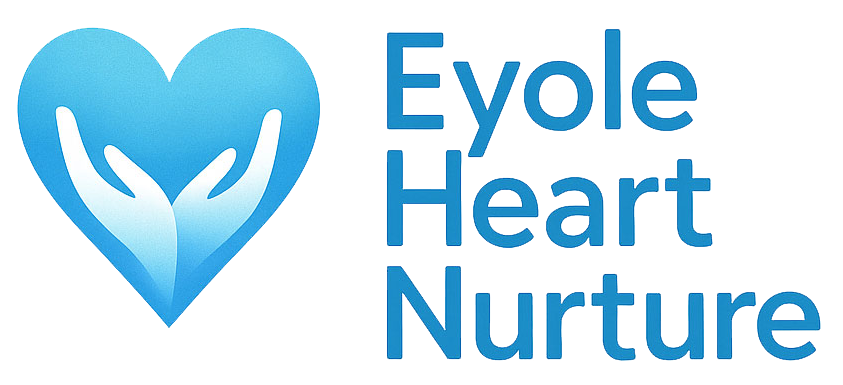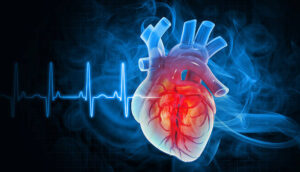One evening, Sarah sat quietly after dinner, feeling a sudden burning sensation in her chest. At first, she thought it was just heartburn, something she’d experienced before after a heavy meal. But this time, the pain stretched toward her neck and jaw, and she felt lightheaded. Panic crept in. Was this heartburn, or was her heart trying to tell her something more serious?
This story is all too common. Because the esophagus (the food pipe) and the heart are neighbors in the chest, they can cause similar chest pain. This often makes it hard to tell if you’re experiencing heartburn or a heart attack. Understanding the difference can save your life.
What Is Heartburn?
Despite its name, heartburn isn’t a heart problem. It’s acid reflux, or acid rising from your stomach into your esophagus. This acid irritates the esophagus lining and causes a burning sensation behind your breastbone. Heartburn can also cause pain that moves to the neck, throat, or jaw.
According to the Mayo Clinic, heartburn usually:
- Occurs after eating or when lying down or bending over
- May wake you up at night, especially if you eat close to bedtime
- It is often relieved by antacids
- It can be accompanied by a sour taste in your mouth or regurgitation
The American Heart Association advises that if you have any of the following, call your doctor right away:
- Pressure, squeezing, fullness, or pain in the center of your chest lasting more than a few minutes, or that goes away and comes back
- Pain spreading to one or both arms, back, neck, jaw, or stomach
- Shortness of breath, cold sweat, nausea, or lightheadedness
Women especially need to be cautious because their heart attack symptoms can be less typical. They might experience anxiety, unexplained fatigue, upset stomach, or pain in the shoulder, back, or arm without obvious chest pain. If you’re unsure whether it’s heartburn or your heart, don’t hesitate, get medical help immediately.
Frequently Asked Questions
- Is Acid Reflux a Symptom of a Heart Attack?
Not exactly. Acid reflux itself is not a symptom of a heart attack, but heart attack symptoms can include discomfort that feels like acid reflux, such as indigestion or a burning sensation in the chest. This overlap is why the two are so easily confused.
- What Are the Four Signs of an Impending Heart Attack?
- Chest discomfort or pain
- Pain spreading to arms, back, neck, jaw, or stomach
- Shortness of breath
- Other signs like cold sweat, nausea, and lightheadedness
- Is It Angina or Heartburn?
Angina is chest pain caused by reduced blood flow to the heart muscles. It may feel like pressure or tightness and often occurs during physical activity or stress. Heartburn causes a burning sensation and usually follows eating or acid reflux triggers. When in doubt, a medical evaluation is essential.
- How to Differentiate Chest Pain From Heart Pain?
Chest pain from heartburn is related to acid irritating the esophagus and often changes with posture or antacids. Heart pain (from angina or a heart attack) is related to the heart muscle and may come with other systemic symptoms like sweating and breathlessness.
The Bible reminds us that the condition of our hearts affects every part of our lives. Chronic worry, anger, bitterness, or unforgiveness can weigh heavily on your spiritual heart, disrupting peace and well-being. Just as your physical heart needs care and attention, so does your spiritual heart require forgiveness, faith, and peace to nurture overall health.
Ephesians 4:26: “In your anger do not sin; do not let the sun go down while you are still angry” (NIV), highlights the importance of managing emotions.





